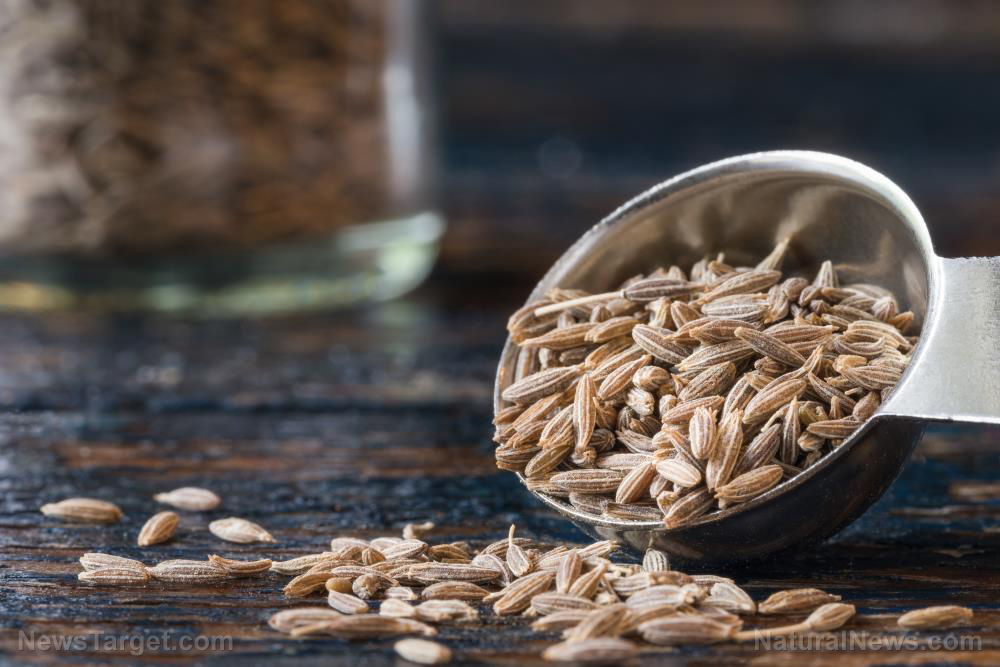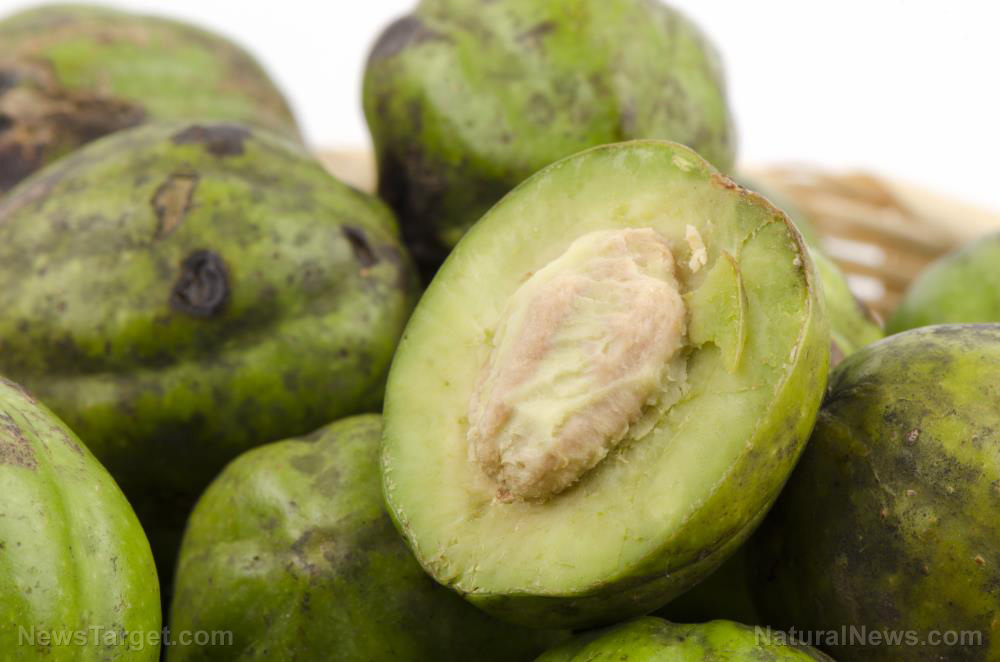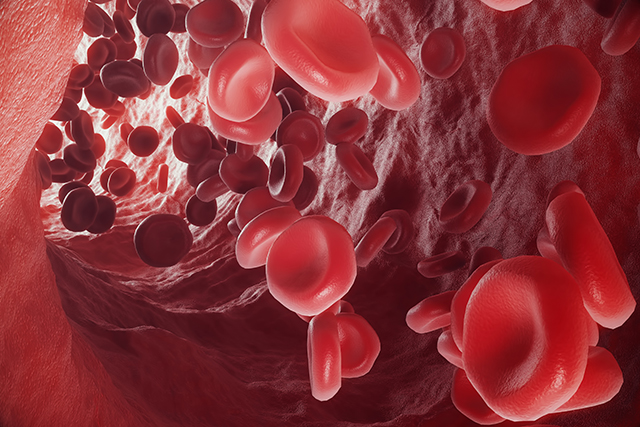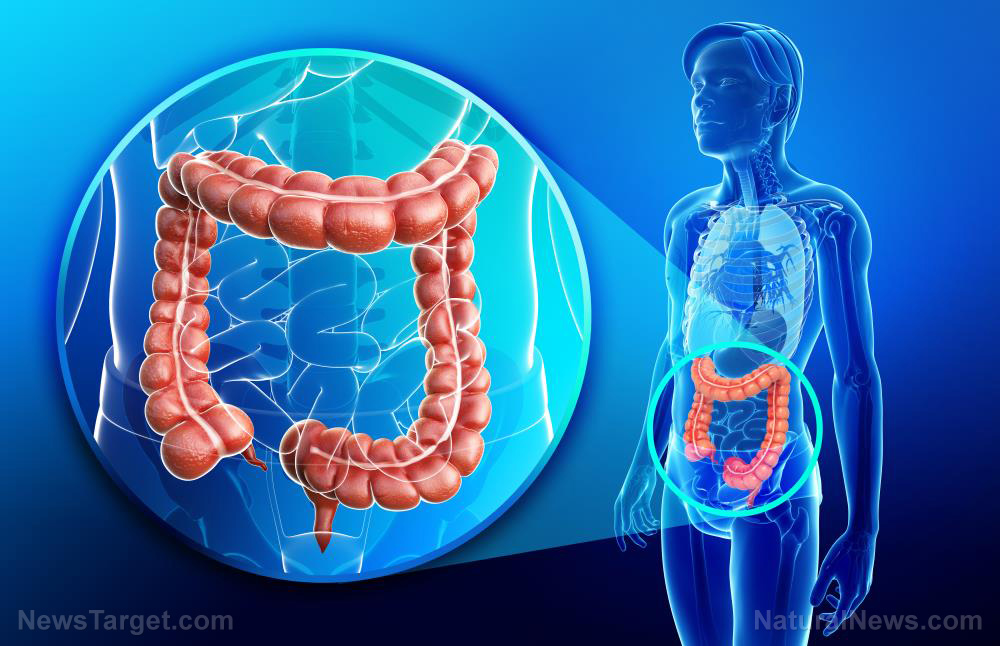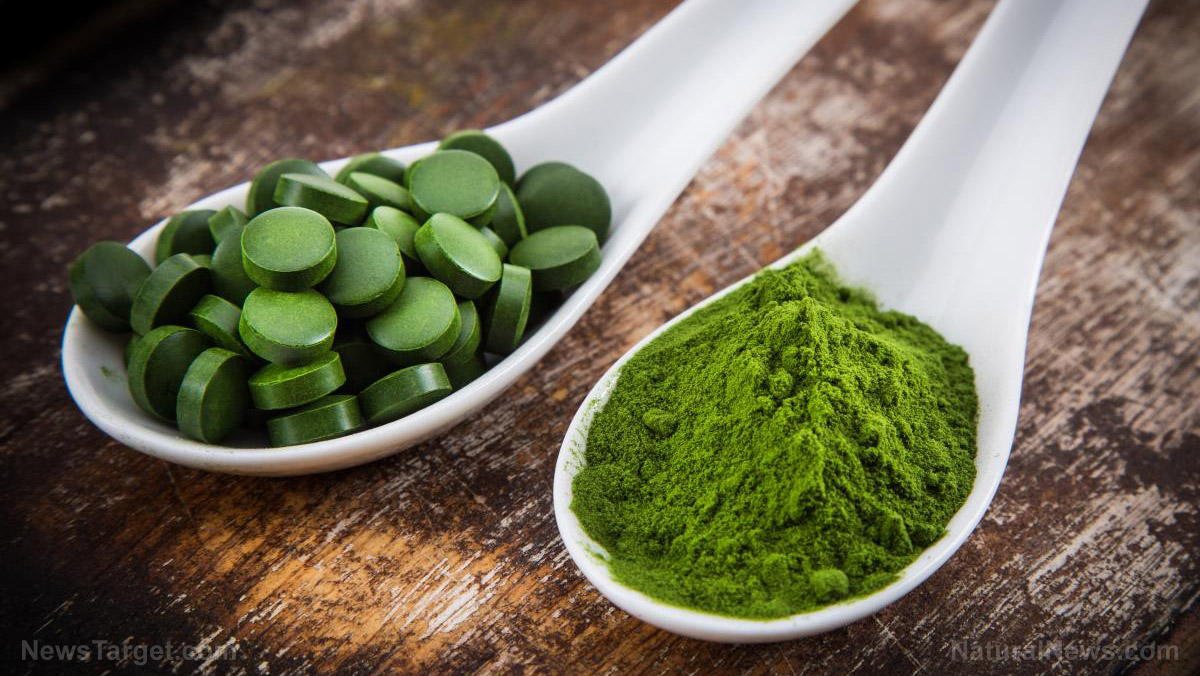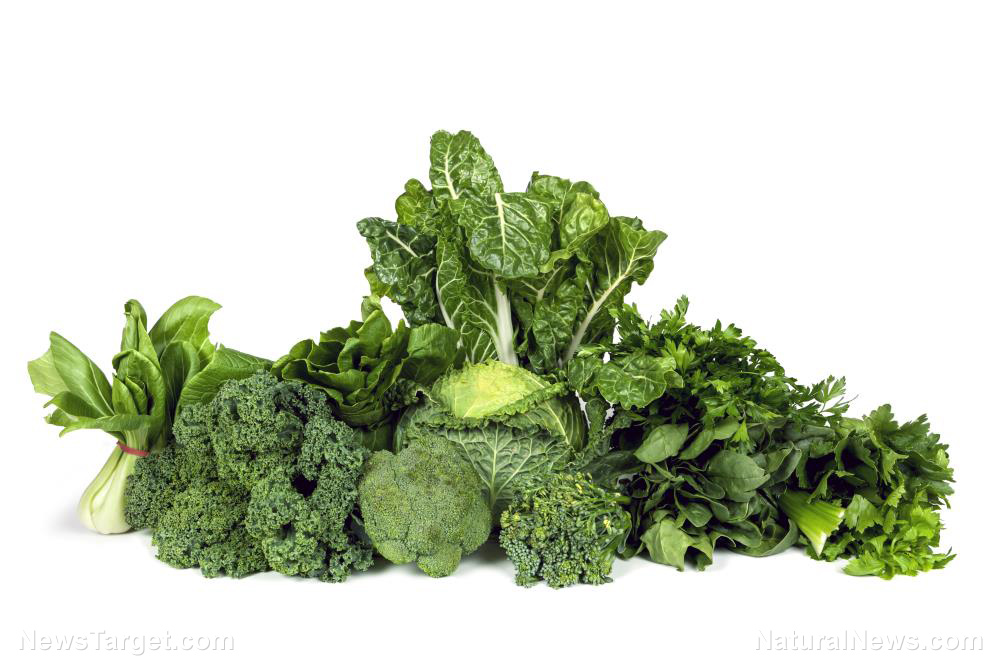Healthy diet found to help reduce, delay symptoms of MS
12/24/2017 / By Zoey Sky

A diet that incorporates “fruits, vegetables, and whole grains” has countless benefits, from improved overall health to weight loss. But according to a recent study, patients with multiple sclerosis (MS) can also reduce their symptoms with a healthy diet.
Multiple sclerosis, an autoimmune disease, develops when an individual’s immune system accidentally attacks its own central nervous system.
Study author Kathryn C. Fitzgerald, Sc.D., of Johns Hopkins School of Medicine in Baltimore, Md., and a member of the American Academy of Neurology, said, “People with MS often ask if there is anything they can do to delay or avoid disability, and many people want to know if their diet can play a role, but there have been few studies investigating this.” She added that even though the study does not fully conclude if “a healthy lifestyle reduces MS symptoms or whether having severe symptoms makes it harder for people to engage in a healthy lifestyle,” it at least points to a connection between them.
The study looked into data gathered from 6,989 participants diagnosed with various types of MS, who were asked to complete questionnaires regarding their diet and exercise regimen. The questionnaires were part of the North American Research Committee (NARCOMS) registry. (Related: Multiple sclerosis can be mitigated by making healthy lifestyle changes.)
The participants also reported if they experienced “a relapse of MS symptoms or a gradual worsening of symptoms in the past six months,” along with their level of disability and the severity of their symptoms (such as fatigue, mobility, pain, and depression).
Those in the group with the healthiest diet were 20 percent less likely to experience “more severe physical disability” compared to those people in the group with “the least healthy diet.” Even though the scientists made changes to accommodate other factors that might affect disability (e.g. age and duration of the MS diagnosis), the results remained accurate.
Participants who led an overall healthy lifestyle were also at least 50 percent less likely to have depression, and have a 30 percent less chance to experience severe fatigue. They were also more than 40 percent less likely to suffer from pain than people “who did not have a healthy lifestyle.”
The scientists also looked into the various popular diets followed the participants like Paleo, weight-loss plans, and those which are allegedly good for patients with MS like the Wahls’ diet. In general, the team of scientists determined that “past or current use of these diets was associated with modestly reduced risk of increased disability.”
However, according to Fitzgerald, the study was limited because of its study design. The scientists were unable to prove “if healthy diets predict changes to MS symptoms in the future.” Another limitation was the profile of most of the participants, who were often “older, mainly white and had been diagnosed with MS for an average of nearly 20 years,” so the results aren’t always applicable to other individuals with MS.
Suggested diet for MS patients
If you are diagnosed with MS and wish to practice a healthier lifestyle, try to consume more of the foods listed below:
- Probiotics — The levels of beneficial bacteria in your gut can be boosted with probiotics, and this can help make your immune system stronger. Foods rich in lacto-bacteria, a type of beneficial bacteria, include yogurt, kefir, kimchi, sauerkraut, kombucha, and fermented tea.
- Prebiotics — Prebiotics, a type of fiber, are food that nourishes probiotic bacteria. Foods with prebiotics include artichokes, garlic, leeks, asparagus, onions, and chicory.
- Fiber — A high-fiber diet can help nourish gut bacteria. Eat lots of fruits, vegetables, nuts, seeds, and legumes.
- Vitamin D — Vitamin D is important for people with MS because it may “regulate the growth and differentiation of different cells.”
You can read more articles about fresh food and tips on how to eat healthy at Fresh.news.
Sources include:
Tagged Under: healthy diet, MS symptoms, multiple sclerosis, NARCOMS, North American Research Committee, nutrition, paleo, prevention, Wahl's diet, weight-loss diets, weight-loss plans


